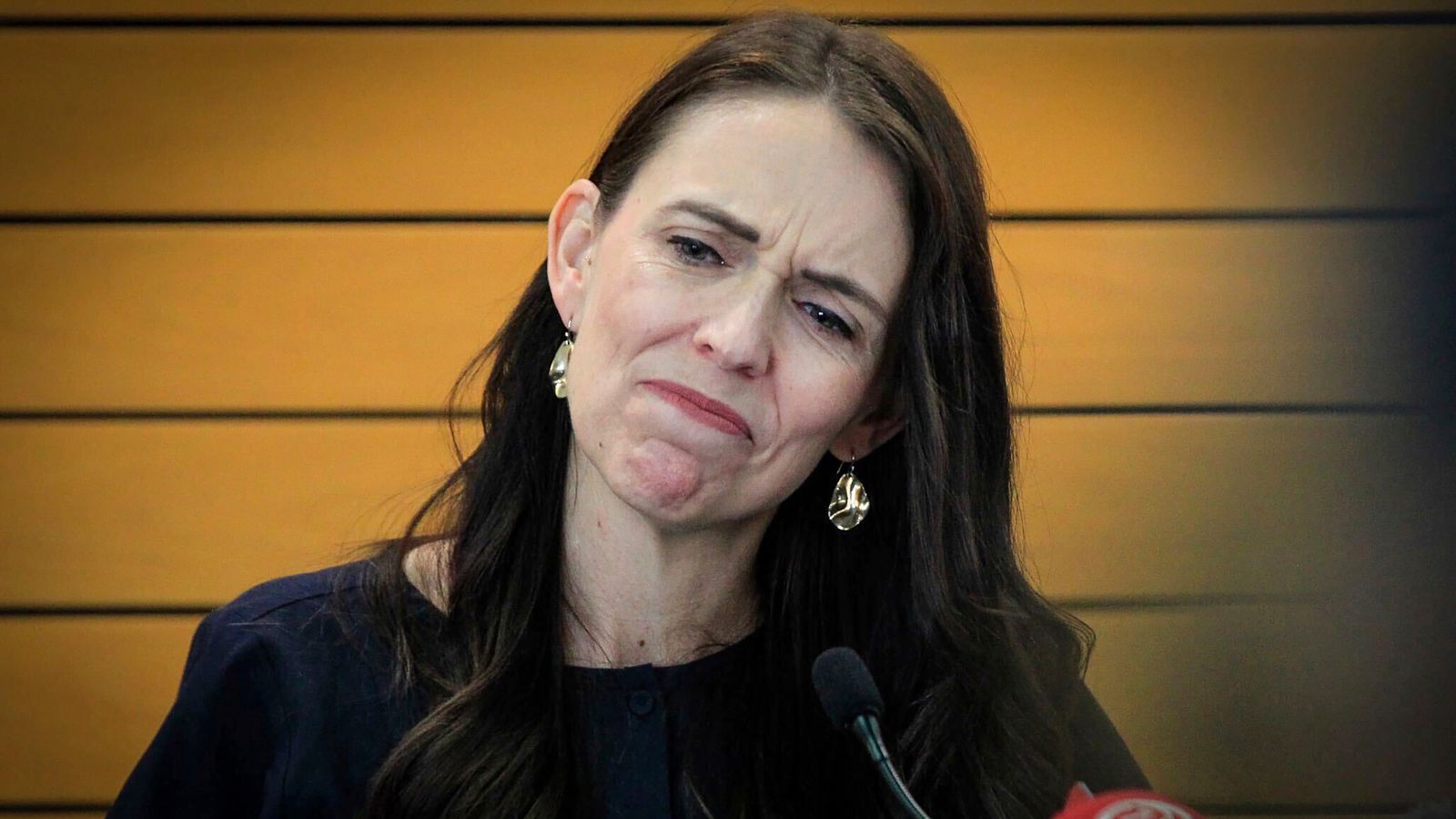Jacinda Ardern set to be replaced as New Zealand prime minister by education minister Chris Hipkins

The New Zealand education minister is set to become the country’s next prime minister after Jacinda Ardern resigned from the role.
Chris Hipkins, 44, was the only candidate to enter the race to replace Ms Ardern, whose final day in office will be on 7 February.
He must still get an endorsement from his Labour Party colleagues in parliament on Sunday, but that is a formality.
Speaking at a news conference after the party announced him as the sole candidate, he said: “I think we’re an incredibly strong team.”
“We’ve gone through this process with unity and we’ll continue to do that. I’m feeling really fortunate to be working with such an amazing group of people who have a real commitment to the service of the people of New Zealand.”
Mr Hipkins did not elaborate on his policy plans but said a cabinet reshuffle proposed by Ms Ardern would go ahead, and that Finance Minister Grant Robertson was likely to continue in the role.
He added that he had spoken to Australia Prime Minister Anthony Albanese, who tweeted the two had had “a warm discussion”.
Mr Hipkins rose to public prominence during the pandemic, when he took on a crisis management role.
He will have less than eight months in the role before contesting a general election on 14 October.
Advertisement
Ms Ardern choked back tears as she announced to the country of five million people on Thursday that she was stepping down after five and a half years in the role.
She said that she had “nothing left in the tank” and was able to sleep well for the “first time in a long time” after having made the decision to resign.
Please use Chrome browser for a more accessible video player
0:27
Ardern: Messages of gratitude ‘moving’
Read more on Jacinda Ardern:
Ardern may be dodging humiliation by quitting now
From Jacindamania to empty tank: How empathy defined role
Why ‘rare’ admission about her mental health matters
She did not use the term “burnout”, but Professor Sir Cary Cooper, a leading psychologist and author of Burnout In The Workplace, said he had no doubt this was what she was alluding to.
Praising Ms Ardern for her “relatively rare” honesty and openness, Prof Cooper said the impact of this kind of candour would be “very positive”.
Some political allies in New Zealand have suggested Ms Ardern took the decision to leave due to the level of abuse she received during her time in power.